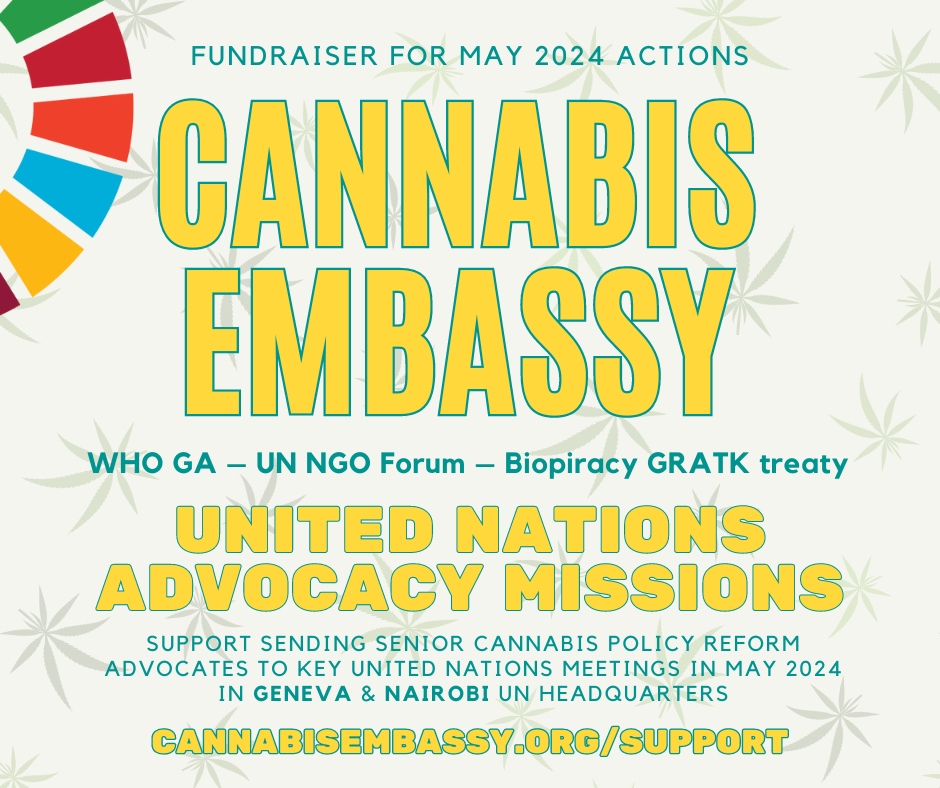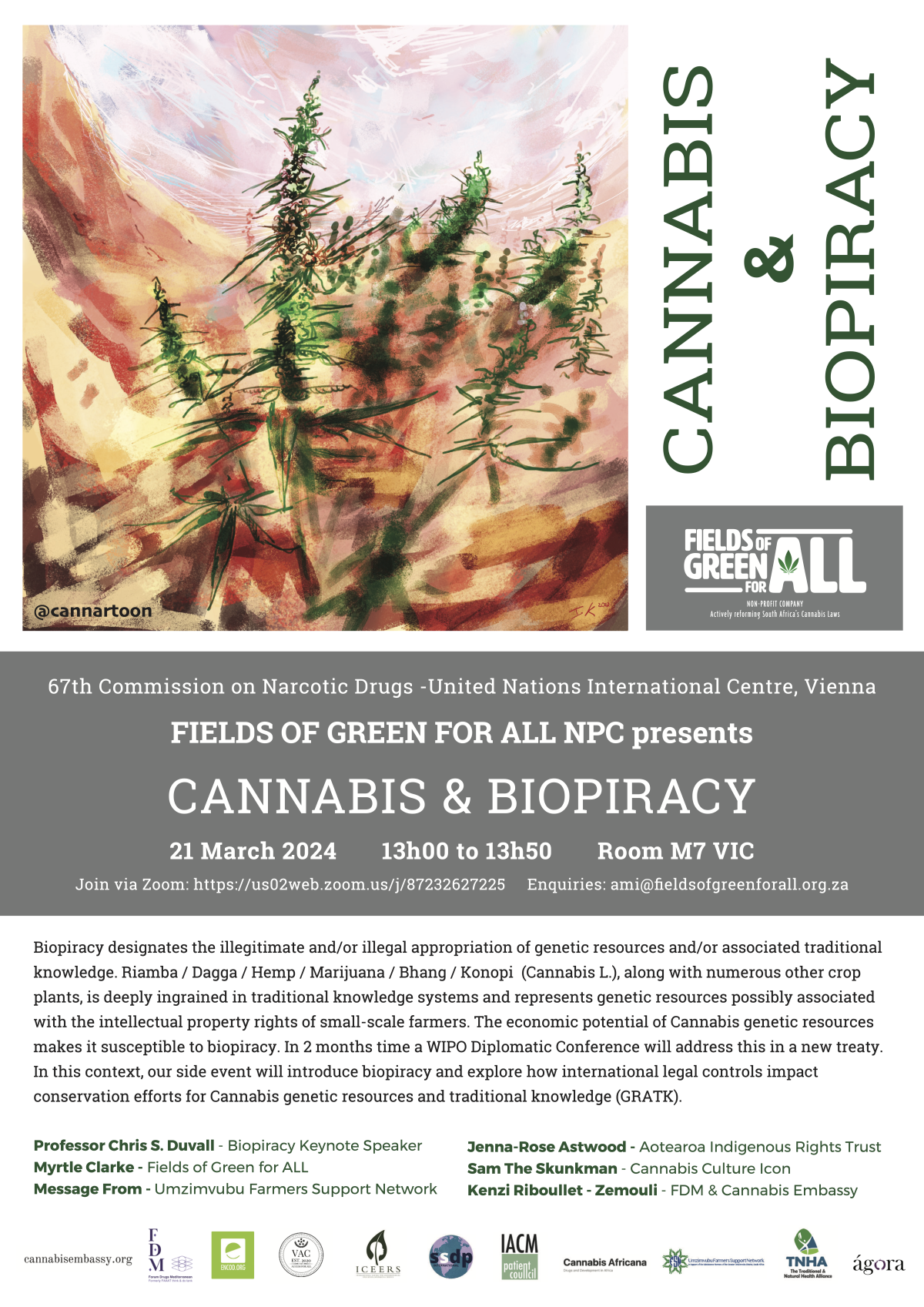Cannabis vs Biopiracy

Written Contributions to the United Nations system on Biopiracy
February 2024: Contribution to the UN Committee on Economic, Social, and Cultural Rights (CESCR).
April 2024: Contribution to the UN Summit for, and Pact of the Future.
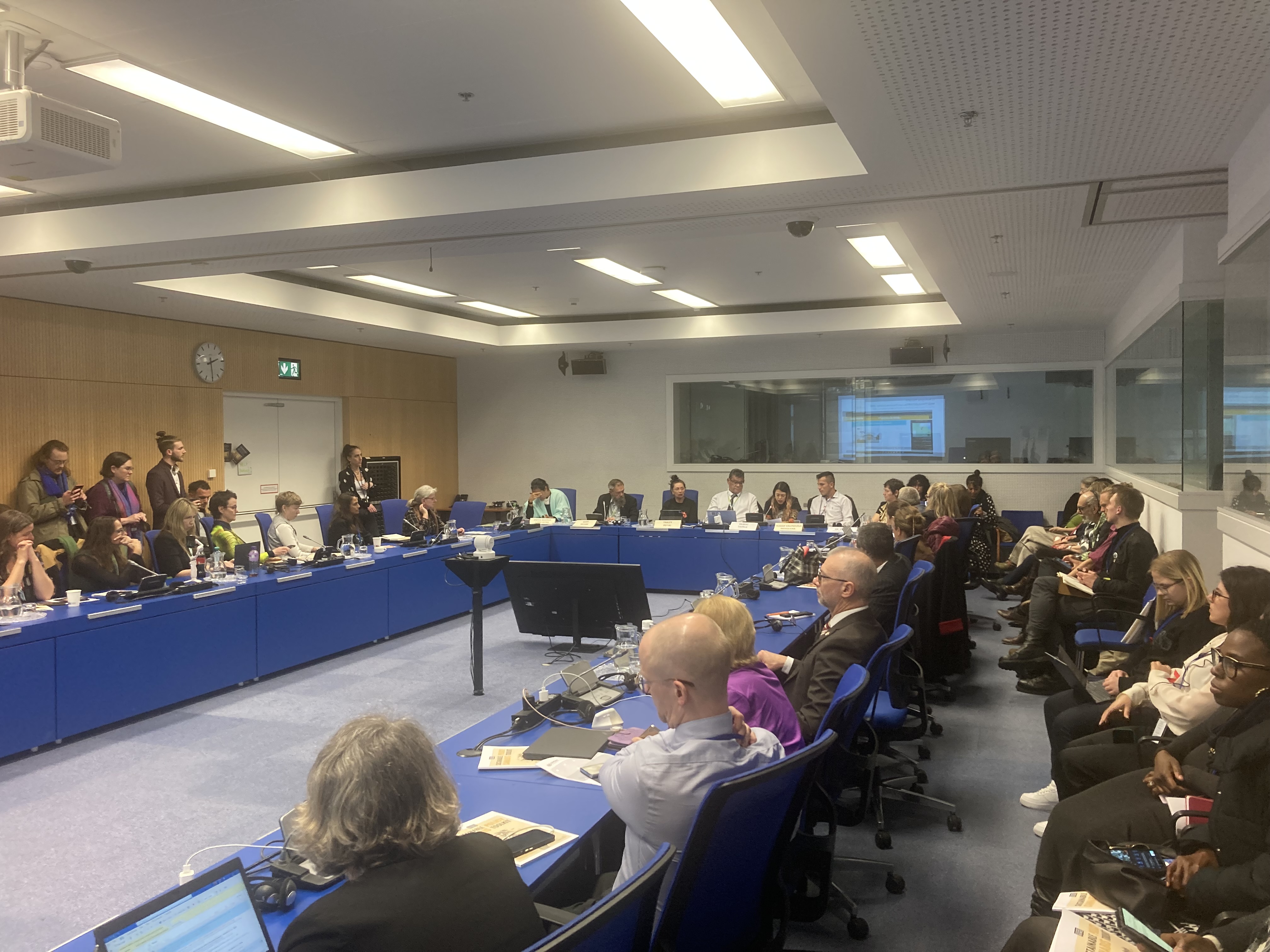
Conference "Cannabis & Biopiracy" at the Vienna United Nations HQ
On 21 March 2024, we organised a "side-event" to the 67th Commission on Narcotic Drugs, with Myrtle Clarke, Chris S. Duvall, Sam the Skunkman, Jenna-Rose Astwood, a collective testimonial from the Umzimvubu Farmers Support Network, and Kenzi Riboulet-Zemouli.
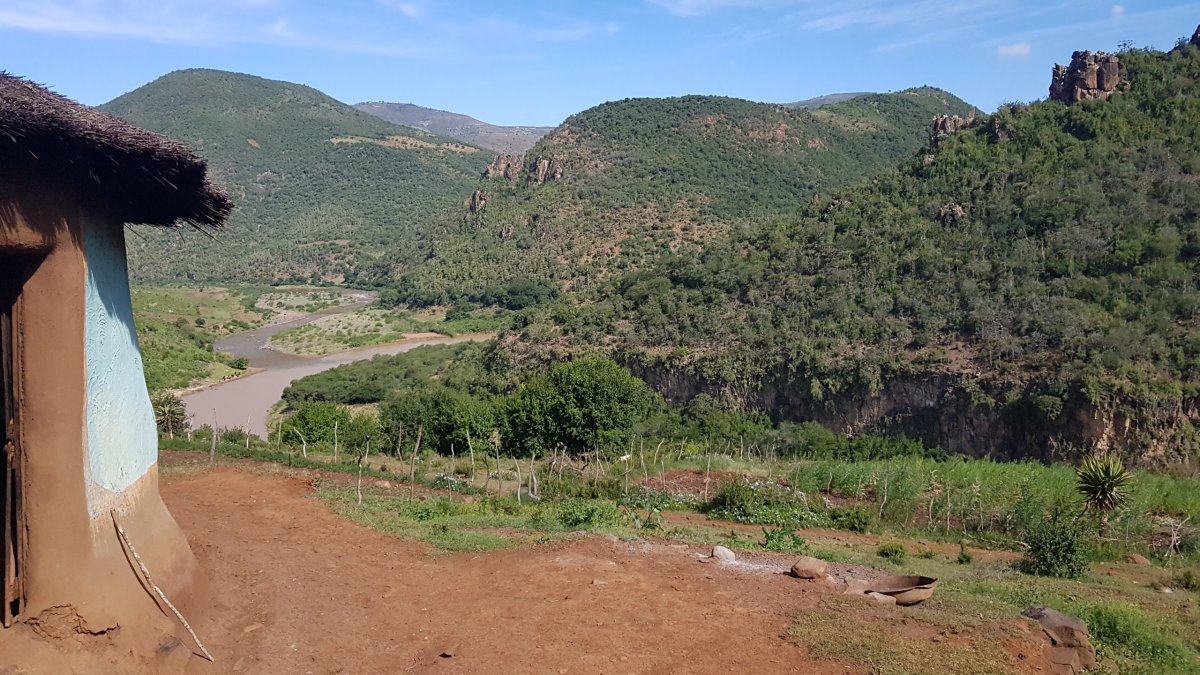
Participation in the Diplomatic Conference for the GRATK treaty
In May 2024, the United Nations (World Intellectual Property Organizations) will adopt a new treaty on genetic resources and associated traditional knowledge (GRATK). We have been following developments since 2018, have released a position paper, and we will attend the Diplomatic Conference.
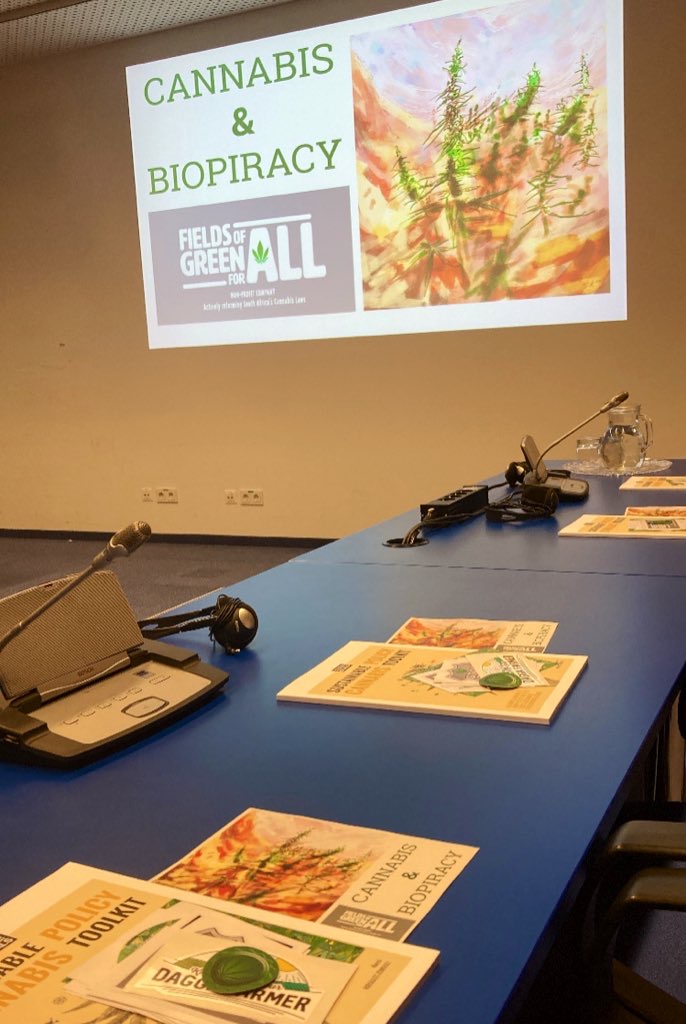
What is Biopiracy?
Biopiracy designates the illegitimate and/or illegal appropriation of the biological and/or cultural heritage of under-protected communities, often indigenous peoples of small rural farmers.
In this area of international law, nature is termed "genetic resources" and the associated human knowledge, know-hows, and skills are termed "traditional knowledge."
Hemp (Cannabis L.) is deeply ingrained in traditional knowledge systems and represents genetic resources associated with the livelihoods and rights of small-scale farmers. The economic potential of Cannabis plant varieties, preserved over generations by traditional knowledge holders, is highly susceptible to biopiracy.
In this area of international law, nature is termed "genetic resources" and the associated human knowledge, know-hows, and skills are termed "traditional knowledge."
Hemp (Cannabis L.) is deeply ingrained in traditional knowledge systems and represents genetic resources associated with the livelihoods and rights of small-scale farmers. The economic potential of Cannabis plant varieties, preserved over generations by traditional knowledge holders, is highly susceptible to biopiracy.
Our work on Biopiracy
We seek to amplify the voices of indigenous peoples and local communities in order to rebalance bioprospecting with reciprocity, free prior informed consent, and fair access and benefit-sharing. This is in order to prevent biopiracy from taking place from now on. In parallel, a discussion needs to be engaged as to ways of remedy and reparation for populations disenfranchised from their cultural and biological heritage in the past practices.
On the topic of biopiracy, the Cannabis Embassy incorporates in its advocacy several key plant and fungi genera: Cannabis (Hemp/Riamba/Marijuana), Erythroxylum (Coca/Kuhka), and several fungi including the genus Psilocybe as well as any other living genus to which drug control has been applied, and that is at risk of biopiracy.
On the topic of biopiracy, the Cannabis Embassy incorporates in its advocacy several key plant and fungi genera: Cannabis (Hemp/Riamba/Marijuana), Erythroxylum (Coca/Kuhka), and several fungi including the genus Psilocybe as well as any other living genus to which drug control has been applied, and that is at risk of biopiracy.
WHO GA – UN NGO Forum – Biopiracy treaty
URGENT funding needed for United Nations advocacy missions (Geneva & Nairobi)
Support sending senior cannabis policy reform advocates to three key united nations meetings in May 2024:
- In Nairobi, we need to attend the Global UN NGO Summit for the Future. We are registered and have prepared substantial inputs.
- In Geneva, we need to attend the final negotiations of the anti-biopiracy GRATK treaty on which we have released a position paper.
- In Geneva also, we need to attend the World Health Assembly: WHO's annual meeting.
GRATK: Future treaty on Genetic Resources & Associated Traditional Knowledge
This is a draft treaty expected to be adopted in May 2024 in Geneva.
See our position paper -->
Committee on Economic, Social and Cultural Rights
See our submission to the CESCR which mentions biopiracy as it related to human rights and cannabis
United Nations CND67 Conference, Thursday 21 March
Past event: Cannabis & Biopiracy
Biopiracy designates the illegitimate and/or illegal appropriation of genetic resources and/or associated traditional knowledge. Hemp (Cannabis L.), along with numerous other crop plants, is deeply ingrained in traditional knowledge systems and represents genetic resources possibly associated with the intellectual property rights of small-scale farmers. The economic potential of cannabis genetic resources makes it susceptible to biopiracy. In the context of the upcoming Diplomatic Conference to conclude a treaty on this topic, this side event will introduce biopiracy and explore how international legal controls impact conservation efforts for cannabis genetic resources and traditional knowledge.
Sponsor: Fields of Green for ALL. Co-sponsors: Ágora Mexico, ENCOD, FAAAT-Forum Drugs Mediterranean, IACM patients council, ICEERS Foundation, Students for Sensible Drug Policy, Traditional and Natural Health Alliance, Umzimvubu Farmers Support Network, Veterans Action Council.
Side Event at the 67th Commission on Narcotic Drugs: Cannabis & Biopiracy
Thursday 21 March at 13h00 – 13h50 at the United Nations Office in Vienna, Building M, Room M7.
